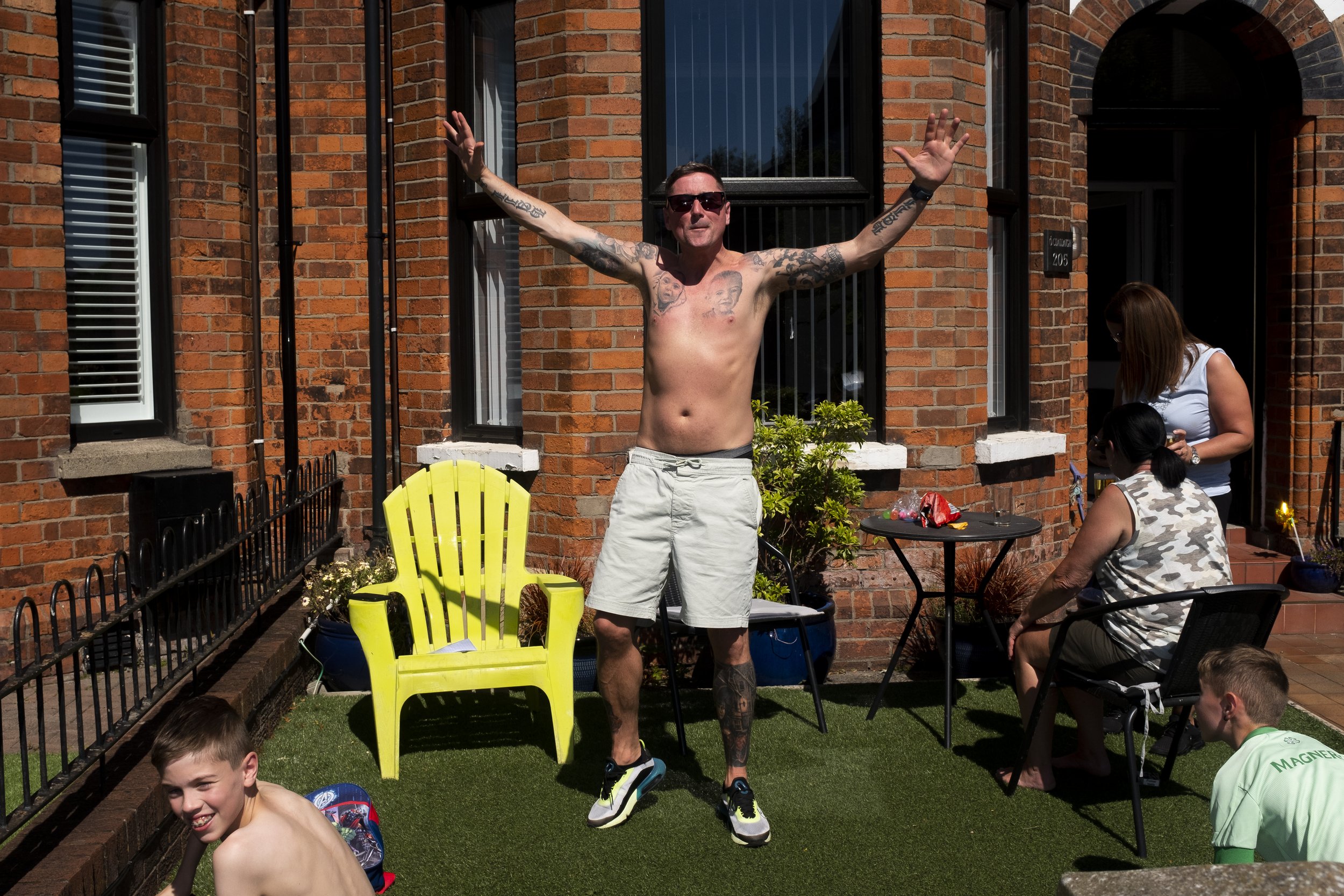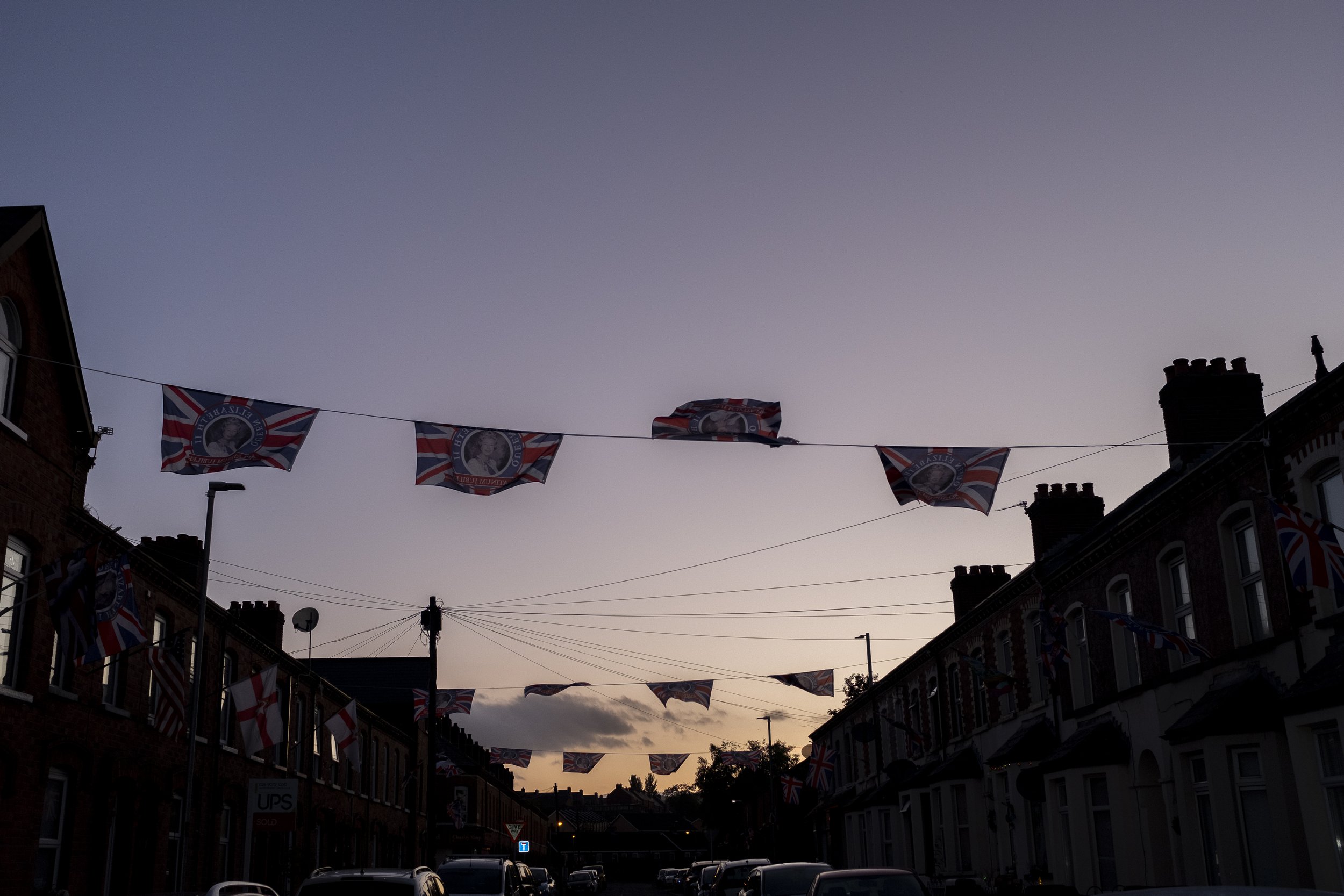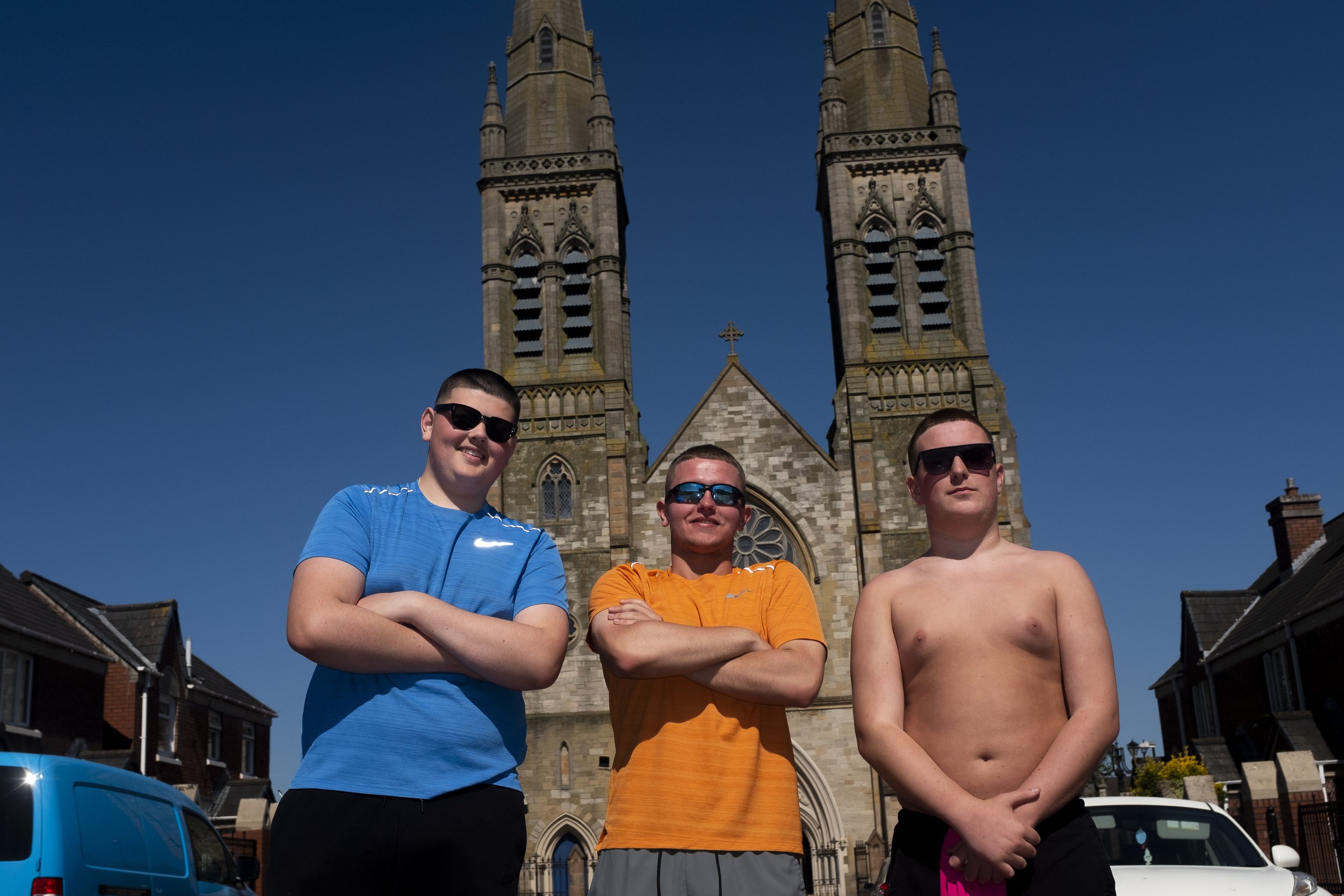Ireland and Brexit
Client: Dnevnik
Text: Brane Kastelic
Brexit has turned everything upside down
Ireland was England's first colony. It was part of first the English and then the British empire for more than 700 years. The north was settled early by English Protestants. One with the other underlies the eternal themes of Ireland's future history: subordination to London and sectarian hatred between Catholics and Protestants. Northern Ireland appeared on the political map in 1922, after the Irish War of Independence, when the majority declared an independent Irish state and the six provinces in the north, with their predominantly Protestant communities, remained part of Britain.
Discrimination against the Catholic community in the following decades sparked mass protests in the late 1960s. The attempt by the authorities to clamp down on them brutally sparked such widespread violence in 1969 that London sent the army to Northern Ireland, which soon led to violence and terrorism by semi-military groups from both communities. It lasted for three decades. More than 3 500 people died.
The relationship between London and Dublin, including in relation to Northern Ireland, has been positively influenced by EU membership. Both countries joined in 1973. In 1985, they signed an agreement to work together to bring peace to Northern Ireland, which was key to the 1998 Easter Agreement that brought peace. Brexit turned everything upside down and raised questions about the future of the peace process, the border between Northern Ireland and Ireland (for people and goods), as the previously invisible internal border within the EU became the border between the EU and Britain, and Ireland's relations with Northern Ireland, which remained in the EU common market, and with Britain. The Northern Ireland Protocol, as a key part of Brexit, is supposed to prevent these problems. It commits Ireland and Britain to protect the Good Friday Agreement and to avoid a hard border, including all physical border facilities and controls on the movement of people on the island of Ireland. Johnson now wants to delete the part of the Protocol that provides for the control of some goods coming from Britain into Northern Ireland (and indirectly into the EU common market), due to pressure from Northern Irish Unionist (Protestant) politicians demanding the deletion of the whole Protocol. This has dramatically worsened Britain's relations with Ireland and the EU, which says it heralds a breach of international law. There is already talk of a trade war. However, the political dynamics in Northern Ireland have changed dramatically in the last elections, with the first victory of the nationalist (Catholic) Sinn Fein party, which defends the Protocol and whose main objective is reunification with Ireland.
























